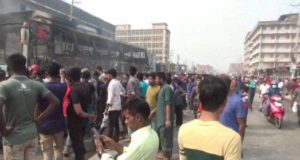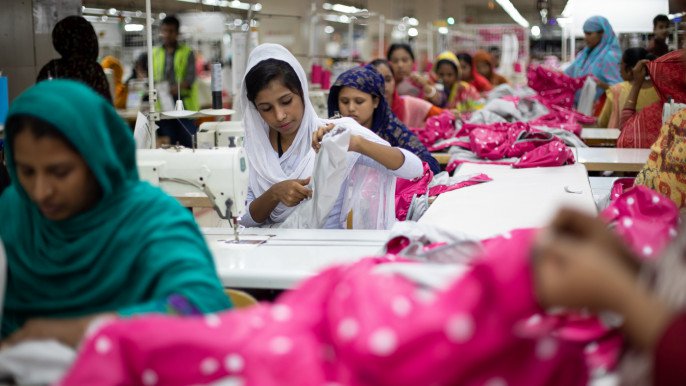Every day, CPD RMG Study team reveals what’s on our economic and apparel radar and curates a selection of the best reports, opinion, and analysis you may have missed.
Clean Clothes Campaign demands proper compensation mechanisms for workers
Clean Clothes Campaign has made a renewed call for brands to provide compensation to the victims and families of Tazreen Fashions fire incident. The largest alliance of labour unions and non-governmental organisations in the garment industry stated that the workers affected by workplace accidents in Bangladesh suffer from whether they would get the compensation for their loss of income or not due to an absence of a national mechanism which was widely expected after the Tazreen Fire and Rana Plaza building collapse.
The statement was issued on the 5th anniversary of Tazreen Fashions fire caused in November 24, 2012 that killed over 112 workers and injured more than 100.
Marks and Spencer to increase import to $1 billion from Bangladesh
Marks and Spencer CEO has expressed the company’s intention to import more from Bangladesh. With the plan to increase its procurement volume the company intends to increase its import to $1 billion from the existing $800 million from Bangladesh. He termed the factories world class and suggested addressing infrastructure challenges in other factories.
The statement came at the press conference following a meeting of an M&S delegation with Bangladesh Garment Manufacturers and Exporters Association leaders.
Experts urge for sustainable urban development in Bangladesh
In a bid to implement the new urban agenda sketched out by the government, a roundtable discussion was organized at Bangladesh University of Engineering and Technology (Buet) yesterday, where the participants emphasized sustainable and inclusive urban development. Different suggestions were forwarded at the discussion to turn Dhaka into a liveable, modern mega city where every stratum of the society reaps its benefits in the long run. They also stressed the importance of taking all people — disabled, indigenous, elderly, children, women — into consideration when the government takes up any development agenda.
 CPD RMG Study Stitching a better future for Bangladesh
CPD RMG Study Stitching a better future for Bangladesh



